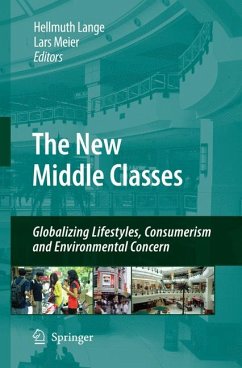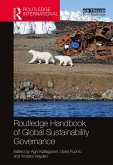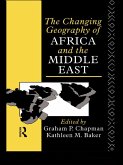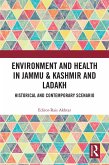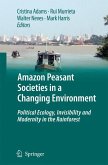The new middle classes of developing countries are held responsible for boosting extremely resource-intensive lifestyles beyond the OECD-world thus thwarting ongoing efforts to attain a more sustainable future. But how homogeneous are their consumption patterns and why should not globalization include the extension of environmental concern, too?
"The New Middle Classes" challenges a narrow understanding of lifestyles and consumption by analyzing the issue not only in terms of attitudes and preferences but of socio-economic features and governmental policies, too.
Original contributions from internationally renowned researchers bring fresh multidisciplinary insights in both theoretical and empirical respect.
"The New Middle Classes" will be of interest mainly to sociologists, political scientists, human geographers, and anthropologists.
"The New Middle Classes" challenges a narrow understanding of lifestyles and consumption by analyzing the issue not only in terms of attitudes and preferences but of socio-economic features and governmental policies, too.
Original contributions from internationally renowned researchers bring fresh multidisciplinary insights in both theoretical and empirical respect.
"The New Middle Classes" will be of interest mainly to sociologists, political scientists, human geographers, and anthropologists.
Dieser Download kann aus rechtlichen Gründen nur mit Rechnungsadresse in A, B, BG, CY, CZ, D, DK, EW, E, FIN, F, GR, HR, H, IRL, I, LT, L, LR, M, NL, PL, P, R, S, SLO, SK ausgeliefert werden.
Aus den Rezensionen:
"... Der Band bietet damit eine umfangreiche Übersicht über die Vielfalt dieser neuen Lebensstilisierungen, ihre Auswirkungen und die Entstehung von Umweltbewusstsein und stellt damit einen wichtigen Schritt zur Beantwortung weiterer Fragen zur Entwicklung nachhaltiger Lebensstile dar ..." -- Esther Baumgärtner, in: Geographica Helvetica, 2010, Issue 4, S. 303
"... Der Band bietet damit eine umfangreiche Übersicht über die Vielfalt dieser neuen Lebensstilisierungen, ihre Auswirkungen und die Entstehung von Umweltbewusstsein und stellt damit einen wichtigen Schritt zur Beantwortung weiterer Fragen zur Entwicklung nachhaltiger Lebensstile dar ..." -- Esther Baumgärtner, in: Geographica Helvetica, 2010, Issue 4, S. 303

